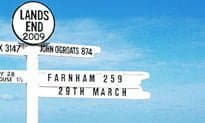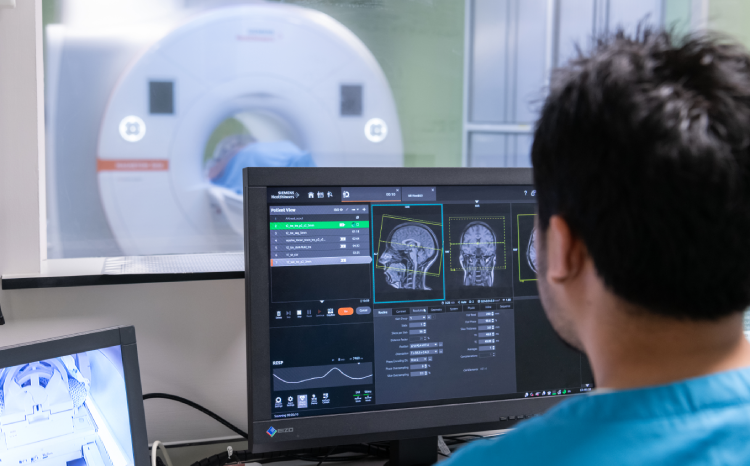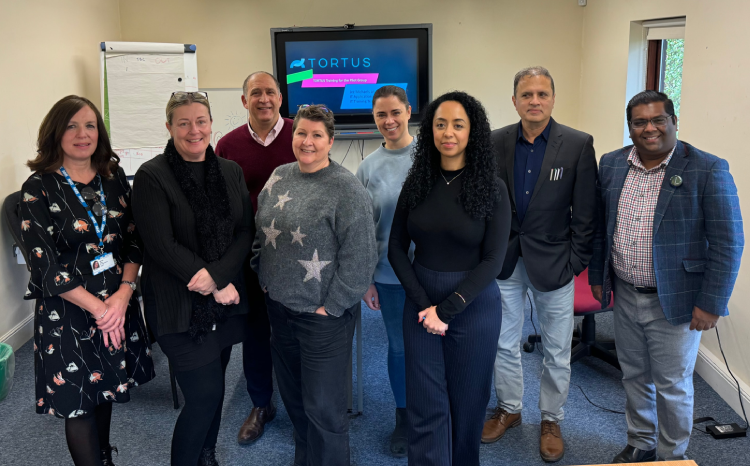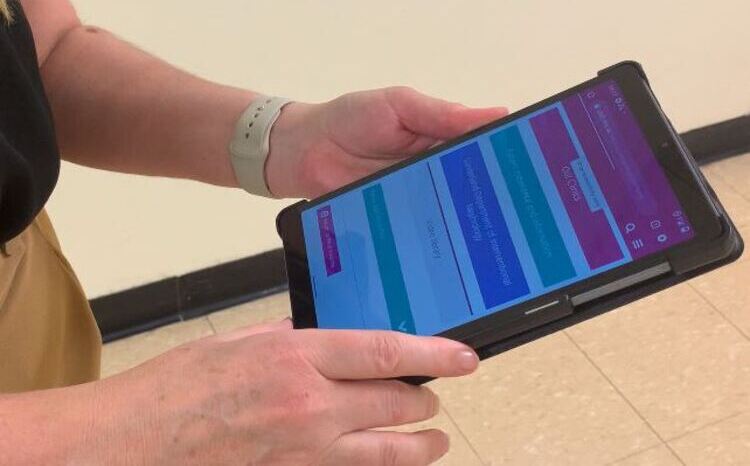West Cornwall to pilot record sharing
- 27 May 2014

Eight practices in West Cornwall will pilot a data sharing scheme using Microtest’s Guru to allow local A&E clinicians and the local out-of-hours GP service with access to patients’ GP records.
Penzance GP Dr Matthew Boulter, who is leading the project on behalf of NHS Kernow Clinical Commissioning Group, said the pilot comes from GPs’ frustrations at their patients being unnecessarily admitted to hospital due to a lack of information sharing.
“A GP puts in place what we thought were pretty detailed plans to avoid admittance, only to find out they’ve been admitted because the admitting physician didn’t know about the plans, and had no way to find out.”
Dr Boulter said allowing doctors and out-of-hours services to view a patient’s GP record can have an enormous benefit, reducing unnecessary admissions and costs to the healthcare system.
“Information is power – the more information you’ve got, the better decisions you can make.”
He said the CCG is aware of concerns about information governance and patient consent, and spent nine months developing an agreement for all the practices to agree to.
Each practice is able to dictate how much information it shares, while access is restricted to those on the local GP performers’ list with no temporary locums allowed to use it.
As part of the safeguards, the Guru system, which can also be used on mobile devices, has a consent screen that pops up when a user tries to access a patient’s records, asking them to confirm whether or not the patient has given their consent for the service.
Dr Boulter said the system includes an override option for access in emergency situations, but doctors who use this are required to fill in a free-text box justifying their access of the records.
Clinicians have read-only access to the records, and practice managers will get a weekly read-out with information about which patients’ records have been accessed by whom to ensure there are no abuses taking place.
Dr Boulter said the pilot is in the middle of going live, with doctors going through training before they receive their log-on details and use the service.
The trial will last for 12 months, with three-monthly audits taking place to consider feedback and make necessary changes so the pilot can continue past the trial’s end if it is a success.
“What we don’t want to do is have the system stop at 12 months while we navel-gaze and analyse the data.”
If the pilot is a success, Boulter said the CCG could look to extend access to ambulance services, Macmillan nurses and others who can benefit from the data sharing.





